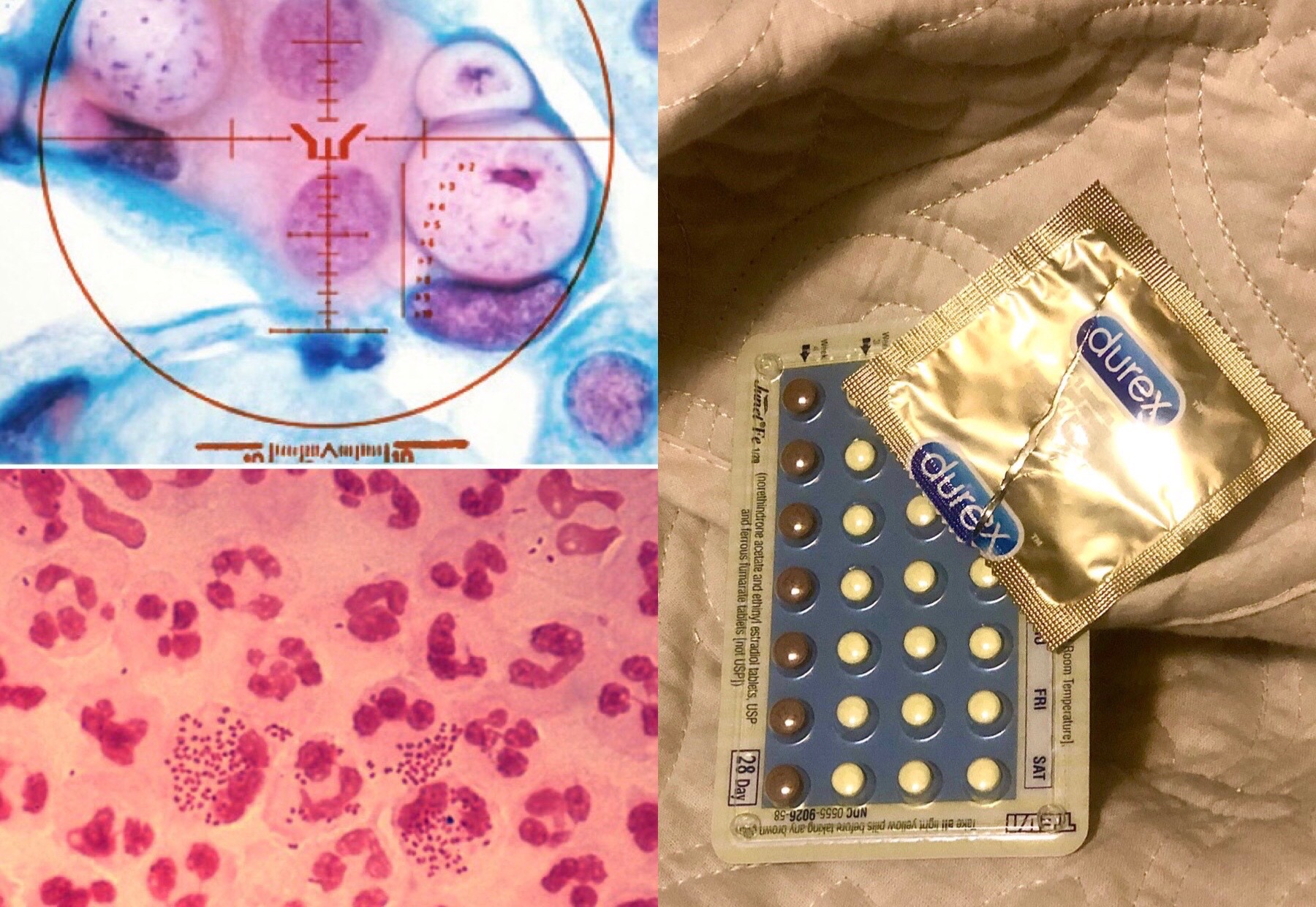By Ashlyn Grace Brothers
FAYETTEVILLE, Ark. (UATV) — A rise in STDs and STIs across the country raises concern among health professionals. According to Pat Walker Health Center, young adults account for 2/3 of Chlamydia diagnoses and 1/2 of the Gonorrhea diagnoses. Toby Klein, PhD student in public health, said many students are ill-informed when it comes to sexual health.
“Students just assume, ‘well my partner, my partner looks clean and so, therefore, they wouldn’t possibly have an STI,’” Klein said.
Pat Walker’s website states one in two sexually active youth will contract an STD by 25-years-old and most of those cases will go undetected. According to the CDC, as of 2018, cases of Gonorrhea in Arkansas increased by 60% since 2014, Chlamydia increased by 13%, and Syphilis increased by 147%.
STDs and STIs can be contracted across different demographics, but some are impacted on a much larger scale. CDC representatives state women and gay or bisexual men are more likely to be affected by STDs. According to the CDC, gay and bisexual men accounted for 54% of Syphilis cases since 2014. Meanwhile, the CDC states Gonorrhea cases nearly doubled amid men since 2013 with the majority contracted by gay or bisexual individuals.
Jon Douglas, senior and member of the gay community, said these diseases are certainly a cause for concern but should be taken seriously by everyone. It starts with communication in schools.
“That’s what I was told growing up is like, ‘all gays: HIV, AIDs, no matter what you’ll get those,” said Douglas. “Here in the south, they don’t actually prepare you for like safe sex. They tell you ‘abstinence is key’ and like ‘if you lose your virginity then you’re just like a trashed roast. No one wants you. You’re nothing.”
Klein sets out to change that stigma.
“Students come from a variety of different backgrounds. Some of them come from backgrounds where it’s not, it’s taboo to talk about sex. Others come from backgrounds where they have comprehensive sex education,” said Klein. “Once students arrive here, we want them, regardless of the background that they came from to have an equal opportunity and an equal education and understanding, umm, of their basic rights and also, umm, what can keep them safe when it comes to their sexual and emotional health.”
Klein suggests all students go in for their annual health screenings. She said it’s important to get checked and hold your partner accountable, as well. Some safe sex practices include abstinence, barrier methods such as internal or external condoms, and birth control like IUDs, the arm implant, and the pill. Pat Walker offers students resources right here on campus. Some of those resources include free condoms at the clinic, free birth control under the Affordable Care Act, and the walk-in “Get Yourself Tested” clinic.
Health professionals reassure students that most STIs and STDs are treatable and many are curable. Doctors suggest you get treated immediately to avoid giving or getting HIV, long-term pelvic pain, and infertility. Some STDs can be or become deadly. CDC representatives remind people of the three Ts: talk, test, and treat.


